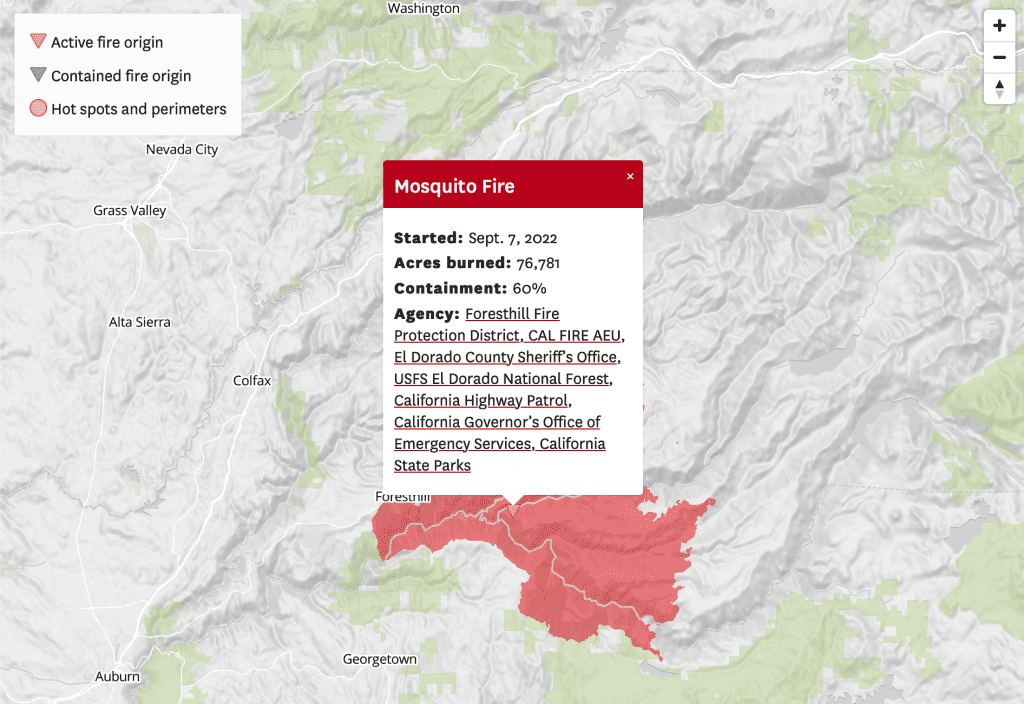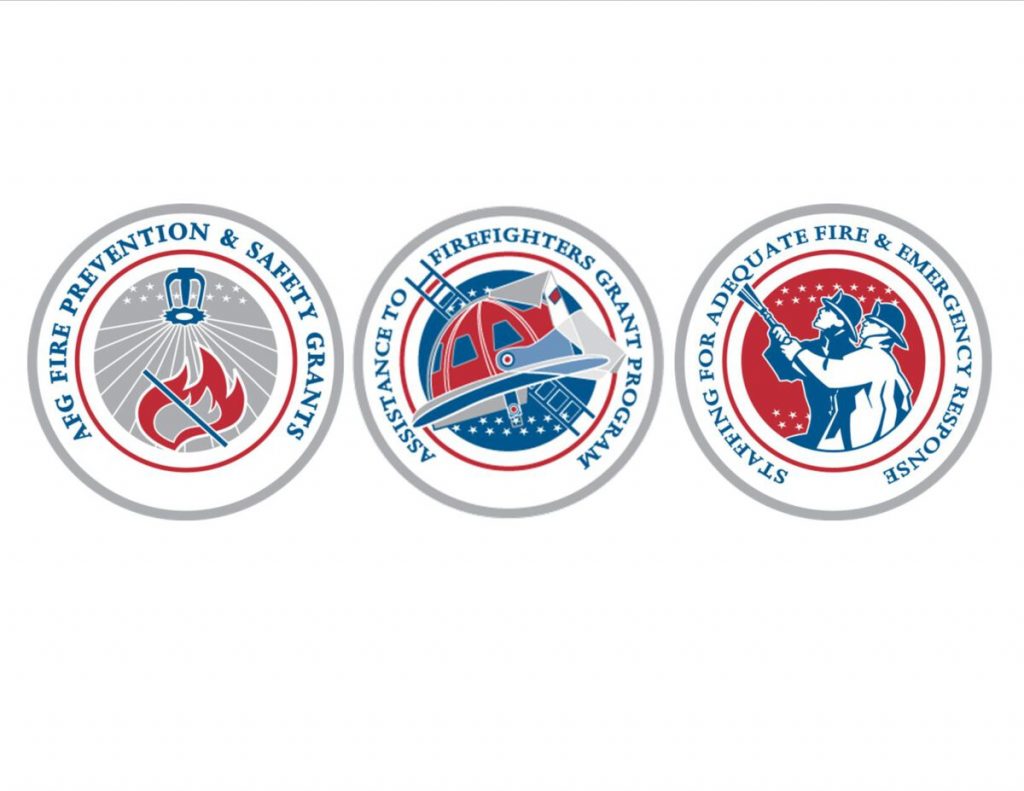Holiday Safety
Protect your pets
Pets are more at risk during the holidays
MySafe:California is full of pet lovers, and most of us own at least one or two furry friends. When any holiday rolls around, we get a little more diligent in making sure our furry, finned and scaled buddies are safe.
Our friends at the ASPCA (American Society for the Prevention of Cruelty to Animals) put together fantastic lists of safety tips for all kinds of holidays.
Avoid a trip to the emergency room by following these simple suggestions.
- Never leave alcoholic drinks unattended where pets can reach them. Alcoholic beverages have the potential to poison pets. If ingested, the animal could become very intoxicated and weak, severely depressed or could go into a coma. Death from respiratory failure is also a possibility in severe cases.
- Do not apply any sunscreen or insect repellent product to your pet that is not labeled specifically for use on animals. Ingestion of sunscreen products can result in drooling, vomiting, diarrhea, excessive thirst and lethargy. The misuse of insect repellent that contains DEET can lead to neurological problems.
- Always keep matches and lighter fluid out of your pets’ reach. Certain types of matches contain chlorates, which could potentially damage blood cells and result in difficulty breathing—or even kidney disease in severe cases.
- Lighter fluid can be irritating to skin, and if ingested can produce gastrointestinal irritation and central nervous system depression. If lighter fluid is inhaled, aspiration pneumonia and breathing problems could develop.
- Keep your pets on their normal diet. Any change, even for one meal, can give your pets severe indigestion and diarrhea. This is particularly true for older animals who have more delicate digestive systems and nutritional requirements. And keep in mind that foods such as onions, chocolate, coffee, avocado, grapes & raisins, salt and yeast dough can all be potentially toxic to companion animals.
- Do not put glow jewelry on your pets, or allow them to play with it. While the luminescent substance contained in these products is not highly toxic, excessive drooling and gastrointestinal irritation could still result from ingestions, and intestinal blockage could occur from swallowing large pieces of the plastic containers.
- Keep citronella candles, insect coils and oil products out of reach. Ingestions can produce stomach irritation and possibly even central nervous system depression. If inhaled, the oils could cause aspiration pneumonia in pets.
- Never use fireworks around pets! While exposure to lit fireworks can potentially result in severe burns and/or trauma to the face and paws of curious pets, even unused fireworks can pose a danger. Many types contain potentially toxic substances, including potassium nitrate, arsenic and other heavy metals.
- Loud, crowded fireworks displays are no fun for pets, so please resist the urge to take them to Independence Day festivities. Instead, keep your little guys safe from the noise in a quiet, sheltered and escape-proof area at home.
- No tricks, no treats: That bowl of candy is for trick-or-treaters, not for Scruffy and Fluffy. Chocolate in all forms—especially dark or baking chocolate—can be very dangerous for dogs and cats. Candies containing the artificial sweetener xylitol can also cause problems. If you do suspect your pet has ingested something toxic, please call your veterinarian or the ASPCA Animal Poison Control Center at (888) 426-4435.
- Popular Halloween plants such as pumpkins and decorative corn are considered to be relatively nontoxic, but they can produce stomach upset in pets who nibble on them.
- Wires and cords from electric lights and other decorations should be kept out of reach of your pets. If chewed, your pet might suffer cuts or burns, or receive a possibly life-threatening electrical shock.
- A carved pumpkin certainly is festive, but do exercise caution if you choose to add a candle. Pets can easily knock a lit pumpkin over and cause a fire. Curious kittens especially run the risk of getting burned or singed by candle flames.
- Dress-up can be a big mess-up for some pets. Please don’t put your dog or cat in a costume UNLESS you know he or she loves it (yup, a few pets are real hams!). For pets who prefer their “birthday suits,” however, wearing a costume may cause undue stress.
- If you do dress up your pet, make sure the costume isn’t annoying or unsafe. It should not constrict the animal’s movement, vision or hearing, or impede his ability to breathe, bark or meow. Also, be sure to try on costumes before the big night. If your pet seems distressed, allergic or shows abnormal behavior, consider letting him go au naturale or donning a festive bandana.
- Take a closer look at your pet’s costume and make sure it does not have small, dangling or easily chewed-off pieces that he could choke on. Also, ill-fitting outfits can get twisted on external objects or your pet, leading to injury.
- All but the most social dogs and cats should be kept in a separate room away from the front door during peak trick-or-treating hours. Too many strangers can be scary and stressful for pets.
- When opening the door for trick-or-treaters, take care that your cat or dog doesn’t dart outside.
- IDs, please! Always make sure your dog or cat has proper identification. If for any reason your pet escapes and becomes lost, a collar and tags and/or a microchip can be a lifesaver, increasing the chances that he or she will be returned to you.
- If you decide to feed your pet a little nibble of turkey, make sure it’s boneless and well-cooked. Don’t offer her raw or undercooked turkey, which may contain salmonella bacteria.
- Sage can make your Thanksgiving stuffing taste delish, but it and many other herbs contain essential oils and resins that can cause gastrointestinal upset and central nervous system depression to pets if eaten in large quantities. Cats are especially sensitive to the effects of certain essential oils.
- Don’t spoil your pet’s holiday by giving him raw bread dough. According to ASPCA experts, when raw bread dough is ingested, an animal’s body heat causes the dough to rise in his stomach. As it expands, the pet may experience vomiting, severe abdominal pain and bloating, which could become a life-threatening emergency, requiring surgery.
- If you’re baking up Thanksgiving cakes, be sure your pets keep their noses out of the batter, especially if it includes raw eggs—they could contain salmonella bacteria that may lead to food poisoning.
- A few small boneless pieces of cooked turkey, a taste of mashed potato or even a lick of pumpkin pie shouldn’t pose a problem. However, don’t allow your pets to overindulge, as they could wind up with a case of stomach upset, diarrhea or even worse—an inflammatory condition of the pancreas known as pancreatitis. In fact, it’s best keep pets on their regular diets during the holidays.
- While the humans are chowing down, give your cat and dog their own little feast. Offer them Nylabones or made-for-pet chew bones. Or stuff their usual dinner—perhaps with a few added tidbits of turkey, vegetables (try sweet potato or green beans) and dribbles of gravy—inside a Kong toy. They’ll be happily occupied for awhile, working hard to extract their dinner from the toy.
Decorations
- Securely anchor your Christmas tree so it doesn’t tip and fall, causing possible injury to your pet. This will also prevent the tree water—which may contain fertilizers that can cause stomach upset—from spilling. Stagnant tree water is a breeding ground for bacteria and your pet could end up with nausea or diarrhea should he imbibe.
- Kitties love this sparkly, light-catching “toy” that’s easy to bat around and carry in their mouths. But a nibble can lead to a swallow, which can lead to an obstructed digestive tract, severe vomiting, dehydration and possible surgery. It’s best to brighten your boughs with something other than tinsel.
- Glass Ornaments – fun to bat around if you’re a kitty, not so fun to walk on and cut a little paw. You might want to re-think placing these on the tree.
- Electrical cords are always a hazard, but during Christmas time there are so many more lying about, lighting up our homes and trees. Puppies and kittens, especially, love to chew on them. Make sure they’re no accessible to your furry friends so you can avoid burns, cuts or nasty shocks.
Festive Foods
- By now you know not to feed your pets chocolate or anything sweetened with xylitol
- Make sure to keep your pets away from the table and unattended plates of food
- Secure the lids on garbage cans
- And remember not to place toxic items in stockings or under the tree if an enterprising pet can sniff it out
Toys
- Dogs have been known to tear their toys apart and swallowing the pieces, which can then become lodged in the esophagus, stomach or intestines. Stick with chew toys that are basically indestructible, Kongs that can be stuffed with healthy foods or chew treats that are designed to be safely digestible.
- Long, stringy things are a feline’s dream, but the most risky toys for cats involve ribbon, yarn and loose little parts that can get stuck in the intestines, often necessitating surgery. Surprise kitty with a new ball that’s too big to swallow, a stuffed catnip toy or the interactive cat dancer—and tons of play sessions together.
Forget the Mistletoe & Holly
- Holly, when ingested, can cause pets to suffer nausea, vomiting and diarrhea.
- Mistletoe can cause gastrointestinal upset and cardiovascular problems.
- Many varieties of lilies, can cause kidney failure in cats if ingested.
- Poinsettia’s can cause gastrointestinal upset
Leave the Leftovers
Fatty, spicy and no-no human foods, as well as bones, should not be fed to your furry friends. Pets can join the festivities in other fun ways that won’t lead to costly medical bills.
That Holiday Glow
Don’t leave lighted candles unattended. Pets may burn themselves or cause a fire if they knock candles over. Be sure to use appropriate candle holders, placed on a stable surface. And if you leave the room, put the candle out!
Wired Up
Keep wires, batteries and glass or plastic ornaments out of paws’ reach. A wire can deliver a potentially lethal electrical shock and a punctured battery can cause burns to the mouth and esophagus, while shards of breakable ornaments can damage your pet’s mouth.
House Rules
If your animal-loving guests would like to give your pets a little extra attention and exercise while you’re busy tending to the party, ask them to feel free to start a nice play or petting session.
Put the Meds Away
Make sure all of your medications are locked behind secure doors, and be sure to tell your guests to keep their meds zipped up and packed away, too.
Careful with Cocktails
If your celebration includes adult holiday beverages, be sure to place your unattended alcoholic drinks where pets cannot get to them. If ingested, your pet could become weak, ill and may even go into a coma, possibly resulting in death from respiratory failure.
A Room of Their Own
Give your pet his own quiet space to retreat to—complete with fresh water and a place to snuggle. Shy pups and cats might want to hide out under a piece of furniture, in their carrying case or in a separate room away from the hubbub.
New Year’s Noise
As you count down to the new year, please keep in mind that strings of thrown confetti can get lodged in a cat’s intestines, if ingested, perhaps necessitating surgery. Noisy poppers can terrify pets and cause possible damage to sensitive ears.



